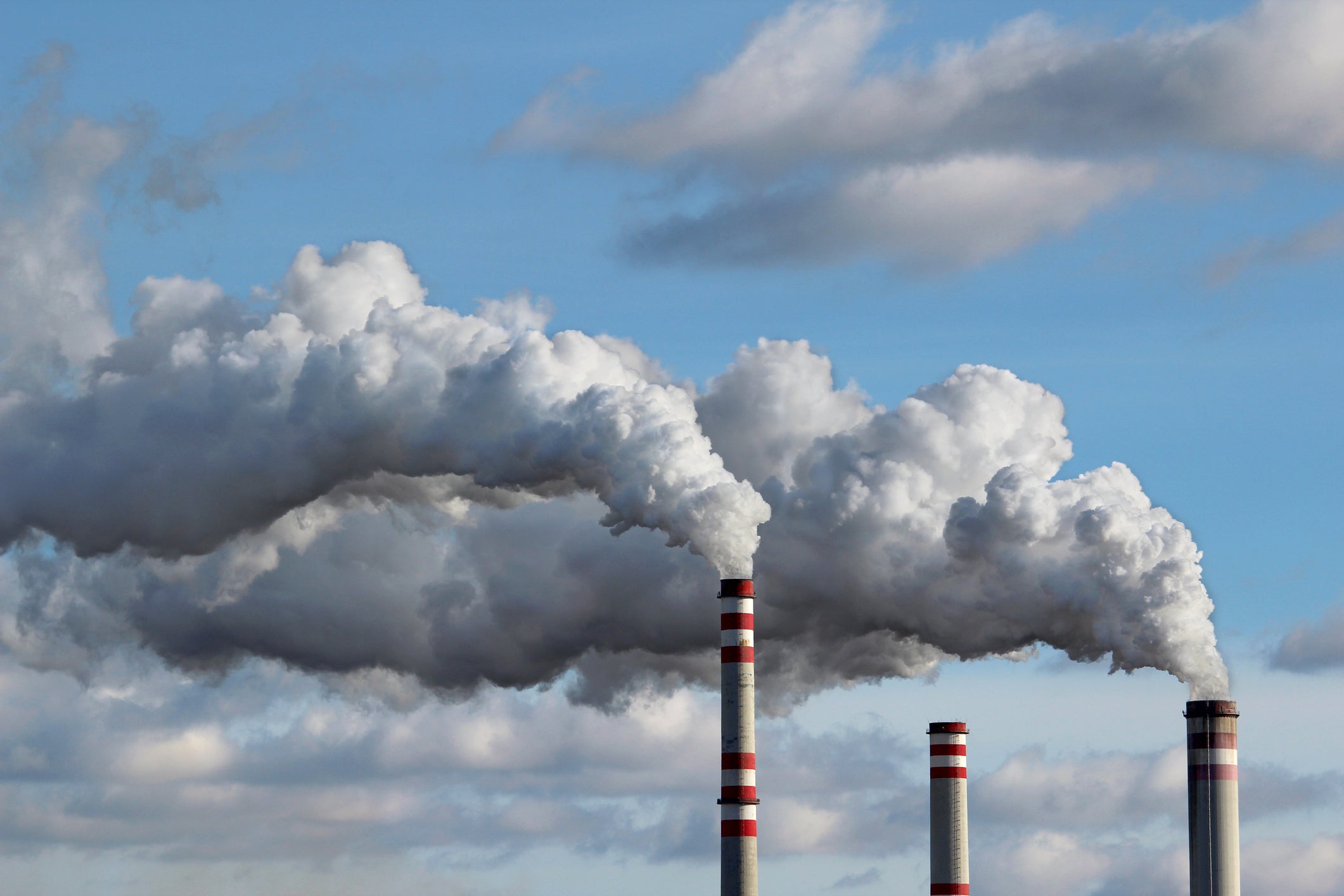Johnson needs to commit to a moratorium on new fossil fuel investments at Cop26
The climate column: If Johnson goes to Cop26 with no moratorium commitment for the end of 2022, how can he demand that the rest of the world cease their proposed investments in new fossil fuels?


Your support helps us to tell the story
From reproductive rights to climate change to Big Tech, The Independent is on the ground when the story is developing. Whether it's investigating the financials of Elon Musk's pro-Trump PAC or producing our latest documentary, 'The A Word', which shines a light on the American women fighting for reproductive rights, we know how important it is to parse out the facts from the messaging.
At such a critical moment in US history, we need reporters on the ground. Your donation allows us to keep sending journalists to speak to both sides of the story.
The Independent is trusted by Americans across the entire political spectrum. And unlike many other quality news outlets, we choose not to lock Americans out of our reporting and analysis with paywalls. We believe quality journalism should be available to everyone, paid for by those who can afford it.
Your support makes all the difference.The ancient Greek physician, Hippocrates, wrote: “The physician must be able to tell the antecedents, know the present, and foretell the future — must mediate these things, and have two special objects in view with regard to disease, namely, to do good or to do no harm.”
Our planet has a disease: a climate fever. Global CO2 levels in the atmosphere are currently around 415 parts per million (ppm), and are expected to breach a level that is 50 per cent higher than before the industrial era later this year. Scientists say they consider 350 ppm a safe limit – this was breached in 1988.
The destruction of the Arctic summer ice (the Arctic has been absorbing more solar radiation over the past 15 years, which coincides with a decline in sea ice and increase in open water) means some areas of the now-open dark seas are absorbing up to an extra 50 watts per square metre.
The UK is president of the key global Cop26 climate summit in November. A global climate emergency must be declared – as both the UN Secretary General, and Extinction Rebellion, have called for.
It is clear that we need to agree on some urgent net-zero carbon reductions over the next five years, rather than the next 30 years. But what should be our minimum first practical demand be from Cop26? To paraphrase Hippocrates: “First, do no harm.” A minimum first step must be to agree a global moratorium on all new fossil fuel investments.
The planet’s fever is caused largely by the release of carbon dioxide into its atmosphere from the burning of coal, oil and gas. And scientists have warned that more than 80 per cent of coal, 50 per cent of gas and 30 per cent of oil reserves should remain “unused” if we are to limit global warming to no more than 2C. They should, quite literally, remain in the ground.
Yet the industry is planning up to $5 trillion of investments in new fossil fuels over the coming decade – fuels that simply cannot be burnt if we are to avoid the worst impacts of climate change.
Just imagine what that $5 trillion could do if it was invested in renewable energy, national cycling infrastructure and energy efficiency, instead? It could bring millions out of energy and transport poverty – and create millions of new jobs.
Excitingly, the European Investment Bank (EIB) has blazed a trail by agreeing to stop funding fossil fuel projects at the end of 2021. Now we need other major corporations – including banks and energy companies – to do the same.
As president of Cop26, the UK needs to get agreement on the level of cuts in carbon emissions by 2030, to give us all a fighting chance of keeping global warming under 1.5C. Yet the UK is simultaneously seeking to maximise investments in UK oil, gas – and even new coal fields.
The Bank of England has pumped out billions in Covid-19 relief to oil, aviation and pesticide corporations on behalf of the British government, yet there has so far been no announcement of any moratorium on new fossil fuel investments. The top UK banks have invested a staggering $230 billion in new fossil fuel investments since 2016.
It is important to understand how this undermines the UK’s COP presidency, just as it was dwarfed by the government’s go-ahead for the Cumbrian coal-mine, which the local council is now reviewing.
If Johnson goes to Cop26 with no moratorium commitment for the end of 2022, how can he demand that the rest of the world cease their proposed investments in new fossil fuels – never mind phase out existing consumption? The Labour Party did not provide a comment on such a proposed moratorium when asked.
The UK must instruct the Bank of England to follow the EIB and impose a moratorium on all new fossil fuel investments – and then go to Cop26 and persuade the rest of the world to do the same.
Campaign groups such as Positive Money and Extinction Rebellion are pressing for such a moratorium. We must listen to Hippocrates, act accordingly and break the fever now – not 2050.



Join our commenting forum
Join thought-provoking conversations, follow other Independent readers and see their replies
Comments